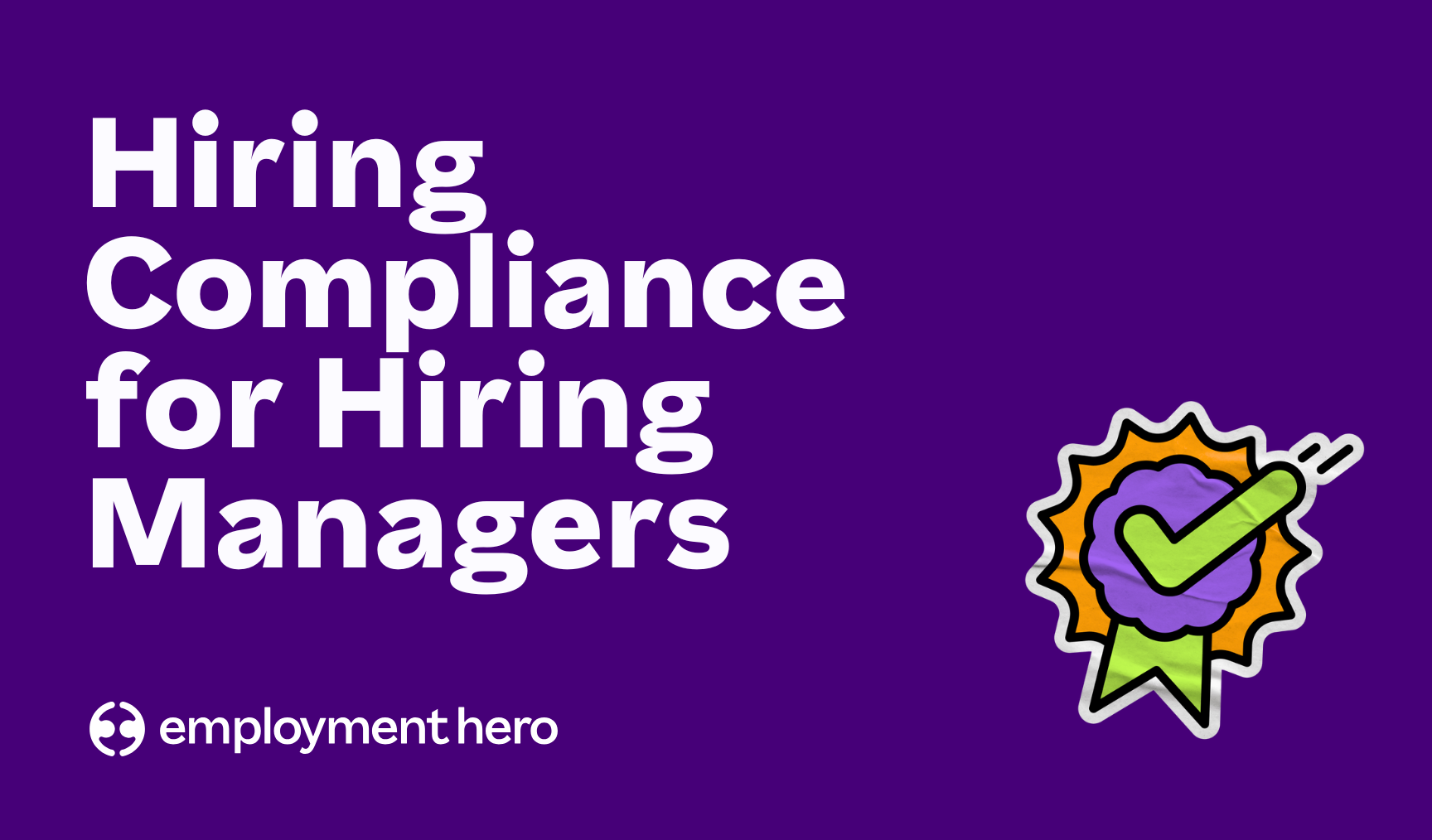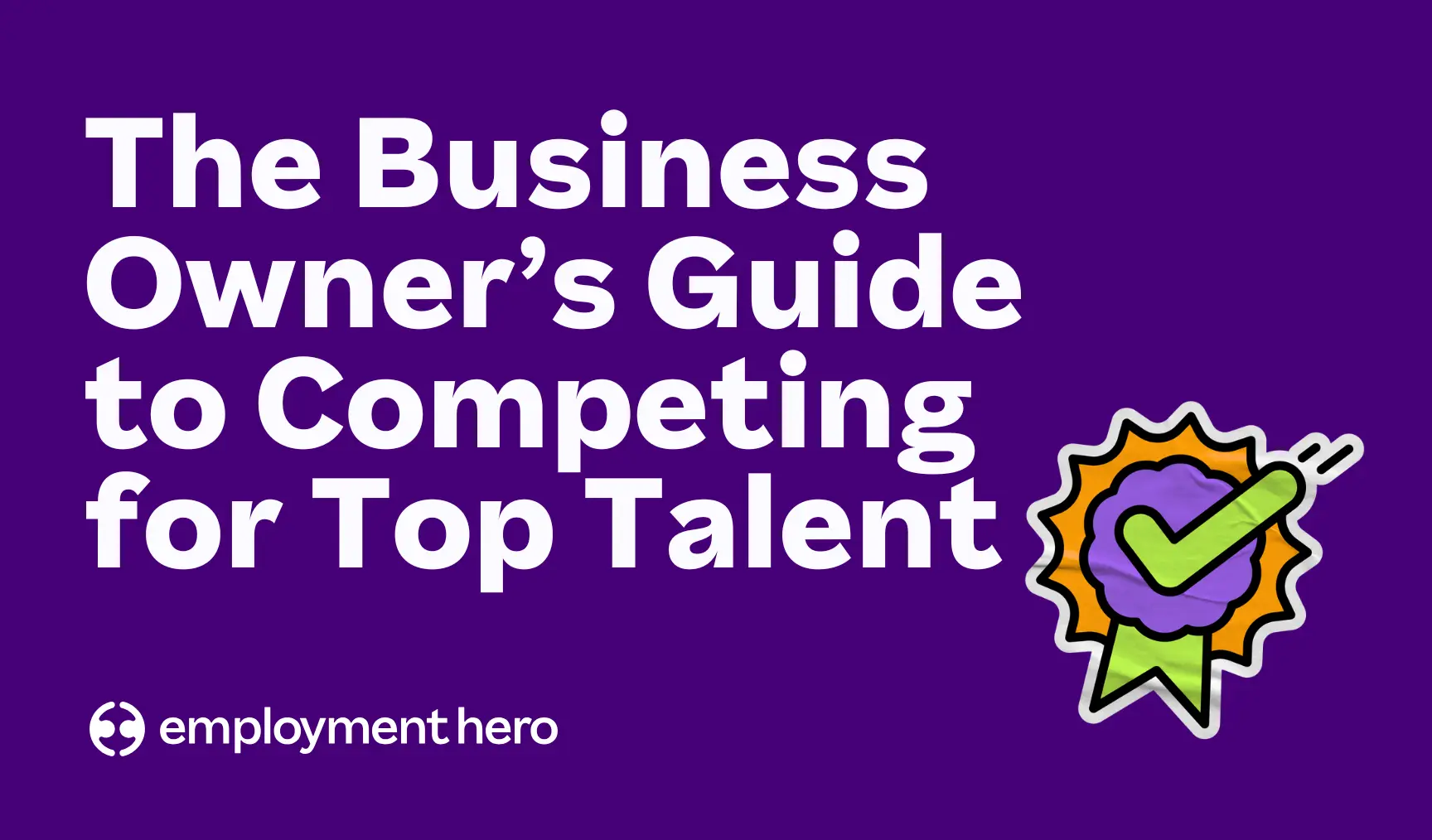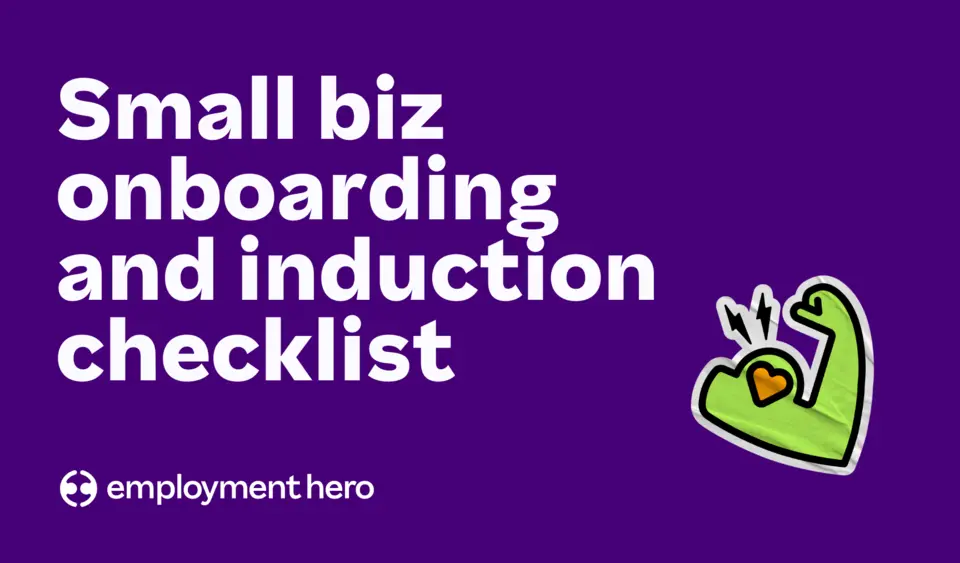A Guide to Inclusive Soft Skills Training
Published
A Guide to Inclusive Soft Skills Training
2 min read
It probably comes as no shock that soft skills continue to be super important for business growth.
With 91% of talent professionals in agreement that soft skills are very important to the future of recruitment and HR, we’re quite sure you don’t need any more persuading on the importance of soft skills training for employees. But, you might be looking for some help in how you can upskill your current workforce’s soft skills inclusively. That’s why we wrote this guide.
But, before we start, it’s important to understand that there’s a problem with how we’ve traditionally defined or looked at soft skills. Sometimes, they can isolate an employee with protected characteristics (such as disability).
We encourage you to think about soft skills not as something to be graded high or low, but more as a capability to showcase a skill when a person is capable of it. For instance, communication and interpersonal skills should not be a barrier to an otherwise skilled team member with social anxiety.
An uninclusive way of looking at soft skills could be contributing to how 46% of new employees fail in their new roles within 18 months (89% because of a so-called lack of soft skills). If you fail to make reasonable adjustments or work with employees who are struggling with certain soft skills, you could be missing out. We encourage you to create work environments that are fully inclusive, yet encourage all of your team to work on developing soft skills.
And it’s important that we look at soft skills in this way because our want for them has been steadily increasing since the pandemic. Keyword research reveals the most-searched-for skills are:
- “networking skills”
- “problem-solving skills”
- “time-management skills”
- “communication skills and interpersonal skills”
Take a look at the guide to get more insight into scoring tools and more!
Perhaps you’re peeking at this guide because you’re also looking to take your own soft skills up a notch. It’s important that we’re all looking to develop soft skills, especially in a leadership role because studies have found that employees with emotionally intelligent supervisors are happier, bring new ideas to the table and are more likely to challenge traditional ways of thinking.
So, instead of writing a guide on why soft skills are great and why you should hire for them, we’ve written one on how you can upskill your current workforce inclusively. Make your way through the steps in this guide, and you’ll be on the path to better individual and business growth, we promise.

Step 1: Create a soft skills matrix
Before you can make any meaningful impact with soft skills auditing and training, you’re going to need to have a framework you can use with your team. These frameworks should be unique to your people and your business, contain the skills you feel are most important, and can be as specific or general as you like. For the purpose of this guide, we’ve kept our examples generic – feel free to use or discard them!
In the next step, we’re going to look at how you find a soft skills gap- so you’re going to need to know how to measure it. We suggest using two frameworks.
Step 2: Find your soft skills gap.
Now you’ve got clarity on how you’ll assess, it’s time to audit. We know audits can be a little arduous, but they’re for the greater good! The aim of the audit should be to find how your employees score their soft skills based on your matrix – or however you’ve decided to benchmark your team.
Certain skills may be a higher priority than others. For instance, in 2022, research by Ciphr showcased that the most sought-after skills for managers were leadership skills, verbal communication skills, teamwork skills and empathy.
You could gather this information department by department, or take a whole-company approach (it will all depend on your business’ size and the resource you have to analyse the audit). This whole process assumes you’re looking to identify training opportunities for your team. While your goals may be more promotion or hiring-oriented, we think this general framework can be adapted quite easily!
Step 3: Collate and analyse your teams’ results
Now you’ll have access to a series of information about your team, if you’re using HR software like Employment Hero, you’ll be able to upload results digitally on an employee-by-employee basis. It’s also going to be worth entering departmental, or company, results into a spreadsheet (or another form of digital capture) to get a visual representation of where your team rate their soft skills.
Understanding, on average, where your team see themselves makes a training intervention much easier to achieve, and you can decide whether you want to do this on a person-by-person level, or enrol entire departments or teams into training.
We’d also encourage you to set goals based on the results. That way, you avoid wanting every soft skill at 10 (which might seem the most obvious approach) and enables you to set realistic goals and training expectations.

Step 4: Create a training programme
As we mentioned before, you could have individual training programmes or company-wide soft skills courses. For this example, we’re going to showcase what a company-wide training programme might look like.
You’ll want training to be tailor-fit to your team’s schedule, so think about the format and content of what you’d like to offer. Some common approaches are:
Instructor-led training
You could opt for workshops, seminars, or in-person soft skills training courses facilitated by subject matter experts or professional trainers. There are plenty of professional bodies that offer such training in the UK, you can check out Coursera for a range of options.
Online soft skills training
If you have more shy or crowd-averse team members (or you’re remote) then e-learning platforms (like iHasco) could be perfect. Of course, be sure to do your due diligence and check in with those delivering the training to make sure your team will find value. You don’t just want to find a tickbox course.
Mentoring and coaching
You could also look at pairing your employees with experienced mentors who can provide guidance and support in developing specific soft skills. Try pairing employees you think will work well together, and offer further training to those you ask to step in as mentors. The addition to their responsibilities will need to be backed with the appropriate time and resources.
Role-playing and simulations
Where it’s appropriate and your team are comfortable with it, you could try creating scenarios or simulations where employees can practise and receive feedback on their soft skills. So long as you’re in a supportive environment, these exercises can really work.
Team-building activities
These don’t even have to be goal-driven or focused on specific soft skills. Sometimes just challenging your team with collaborative activities and exercises that promote teamwork, communication, and problem-solving is enough. Plus, they’re fun (it’s a win-win).
You could create your own course
If you’re making use of a Learning Management System (LMS) like Employment Hero, you have the capability to create a fully tailored course for your people. Similar to e-learning, an LMS will let your team access and take part in training sessions wherever they are. You can see their progress and they can give feedback.
By creating courses internally, you’re also building a catalogue of asset content while freeing up the capacity of your in-house tutors by creating an evergreen resource.
Step 5: Deliver your training and make sure you keep tabs on progress
We assume you’re having weekly, fortnightly or monthly 1:1s with your team? These 1:1s provide the perfect opportunity for you and your management to agree on training steps, make allowances within your business-as-usual capacity and then monitor the progress of your team.
Make sure that training time is carefully scheduled into your team’s calendars and find ways to encourage active participation. If you’re using internal comms such as Slack, set reminders for your team – encourage conversation and feedback around training.
Once your training programme is planned out and you’re having regular check-ins on progress, make sure you’re available to provide ongoing support.
Step 6: Don’t fall into the one-and-done trap
Once your training has come to a close, it shouldn’t be over. Think about how you can commit to continuous improvement and refreshing soft skills every quarter, 6 months or annually. If, like in our example, you’re gathering feedback on the learning and the outcomes, you should be in a good place to decide what your next steps are.
If your training didn’t have the desired impact, why not? What can you do differently? If it did, great! Next time you can step it up a notch, or think more about individual progress.
The idea here is that you’re giving your team the confidence and capability to improve themselves, and in turn, you’re strengthening your business.
Your people are your no.1 asset after all.
Need to keep track of your employee’s progress?
The best way to keep on top of your employees is with a great HR tool. A flexible Learning Management System (LMS) could help you take your team’s soft skill confidence higher. All in one easy-to-access space. Easily invest in your time, build a culture of learning and development and boost your retention rates.
Luckily for you, Employment Hero offers much more. Not only can it handle all your recruitment, onboarding, employee engagement and employee performance needs, but it also rolls payroll and remote employment too.
All of these essential HR needs, in one place. If you’d like to speak to one of our team about how you could use our tools to build your team, book a demo today.
Related Resources
-
 Read more: Recruitment compliance do’s and don’ts: Hiring compliance for hiring managers
Read more: Recruitment compliance do’s and don’ts: Hiring compliance for hiring managersRecruitment compliance do’s and don’ts: Hiring compliance for hiring managers
Published 1 min read Having responsibility for a business’s approach to hiring can be daunting: how do you ensure all…
-
 Read more: Hiring Issues Holding You Back? The Business Owner’s Guide to Competing for Top Talent
Read more: Hiring Issues Holding You Back? The Business Owner’s Guide to Competing for Top TalentHiring Issues Holding You Back? The Business Owner’s Guide to Competing for Top Talent
Published 1 min read Hiring great people is one of the most powerful ways to grow your business – but…
-
 Read more: Dodge Thousands in Fines, Keep Great Staff: Onboarding Checklist
Read more: Dodge Thousands in Fines, Keep Great Staff: Onboarding ChecklistDodge Thousands in Fines, Keep Great Staff: Onboarding Checklist
If you run a business with under 10 staff, this onboarding checklist will help you get the most out of…










